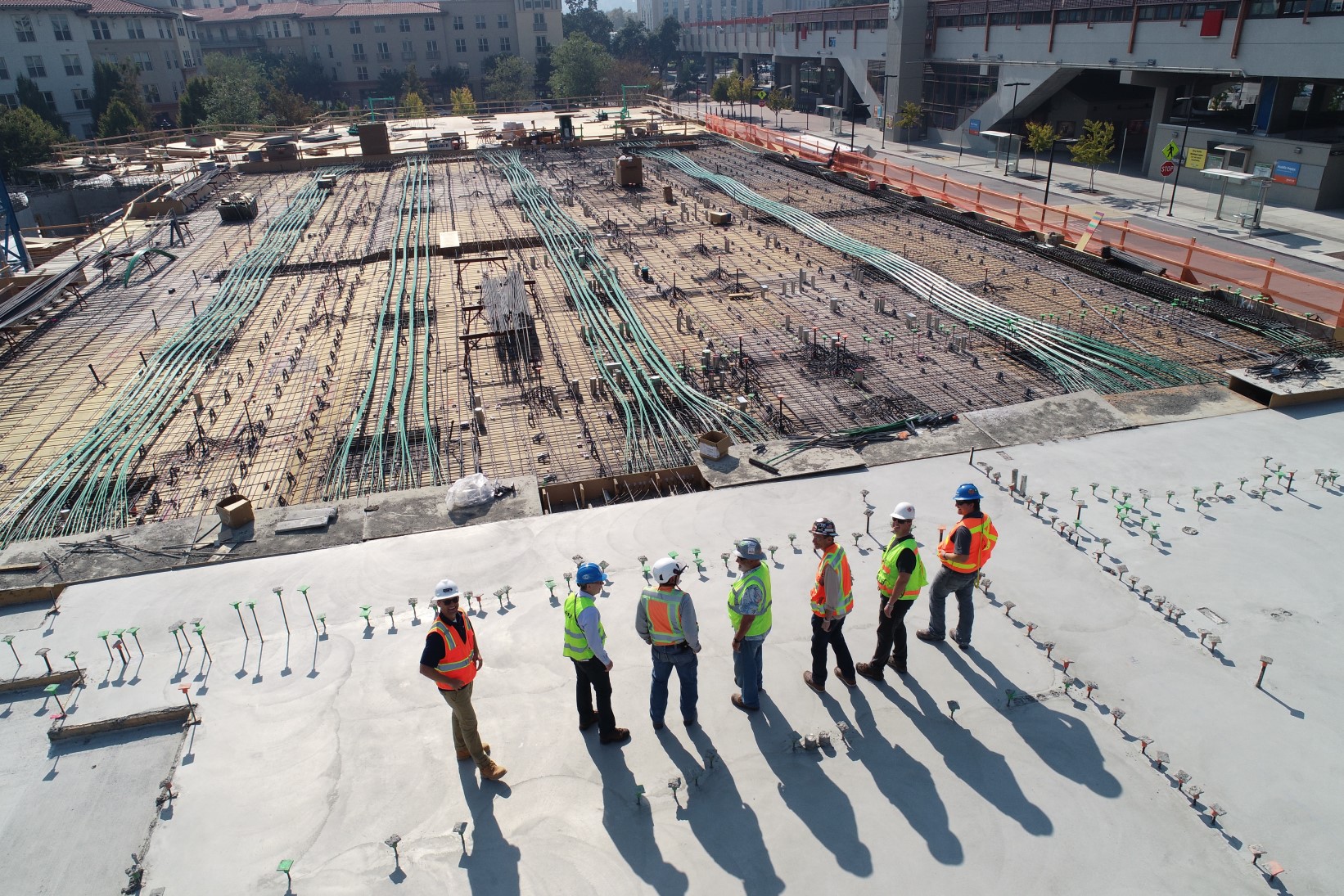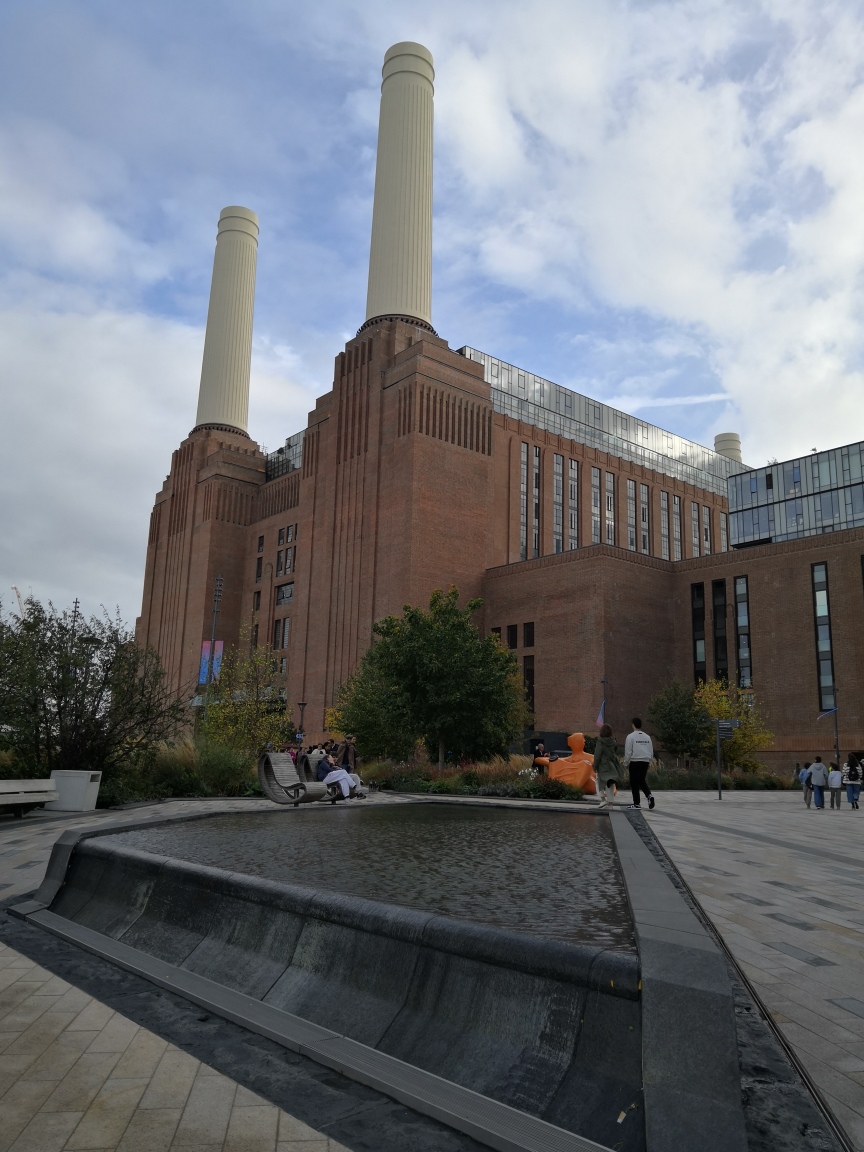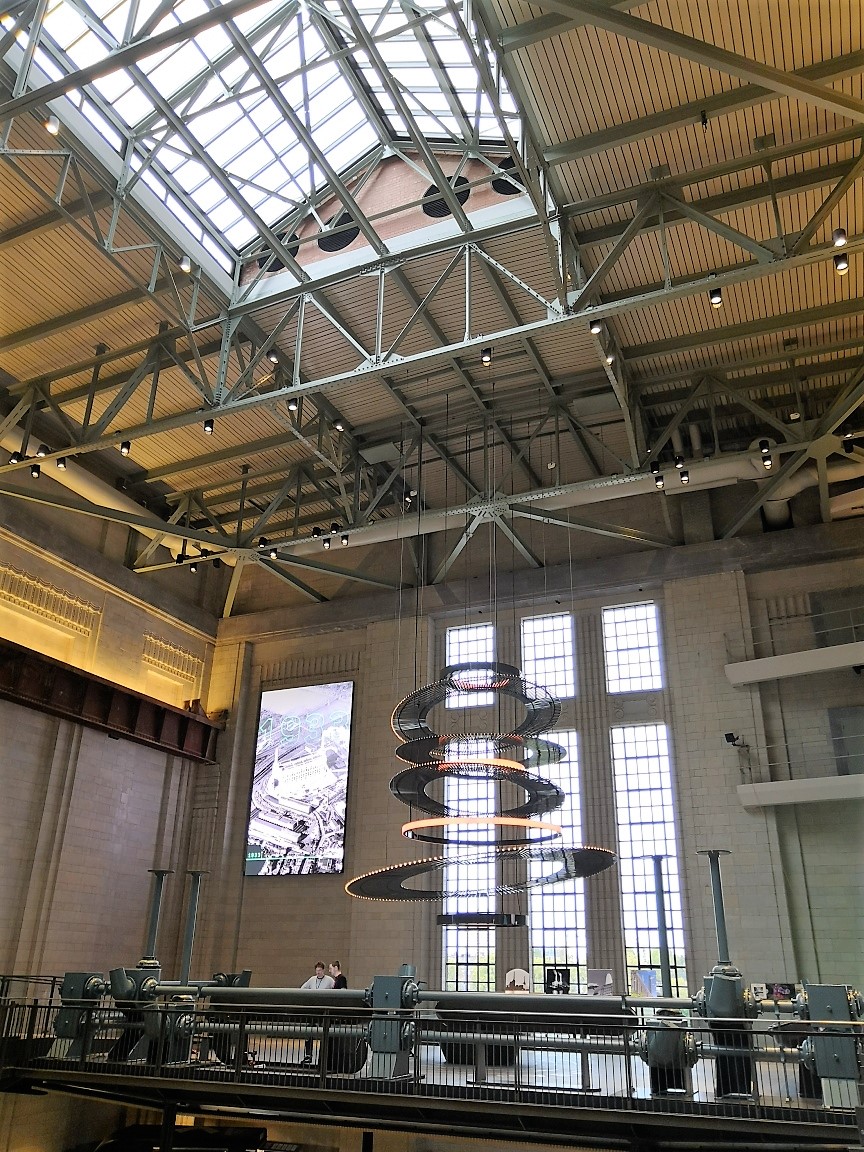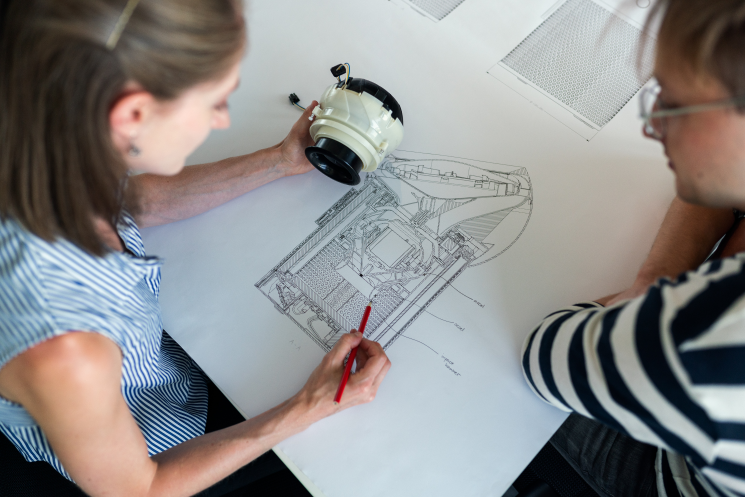
Categories: London Living, Programmes, Universities
Engineering is a fast-paced field that encompasses various disciplines and applications. Civil Engineers play a crucial role in shaping the world around us, from designing and building bridges and skyscrapers to developing new technologies and improving existing ones. Civil Engineers are problem solvers who use their knowledge and expertise to create solutions that meet the needs of society.
If you want to shape our world and maintain its infrastructure, then getting a Civil Engineering degree might be right for you.
In this article, we focus on Civil Engineering, but there are other areas to choose from such as Mechanical Engineering, Chemical Engineering, and Electrical Engineering.
Given that Engineering is such a vast discipline, there are even more specialisations you can choose from when earning a degree at university, including Aerospace/Aeronautical Engineering, Agricultural Engineering, Computer Engineering, and Environmental Engineering.
Our Engineering Foundation Programme can prepare you for any of these disciplines. It acts as a smooth pathway into any related programme thanks to our articulation agreements with nearly 20 universities located in the UK or Australia. That means that when you study with SCL International College, you get guaranteed admission into a top university!
Regardless of the specific type of engineering, all engineers are dedicated to creating solutions that improve the world around us. From developing new technologies and improving existing systems to solving complex problems and meeting the challenges of a rapidly changing world, engineering is an essential field that plays a vital role in our society.
Civil Engineering is so much more than wearing muddy boots and having concrete on your hands. Civil Engineering is a creative career where you can think outside the box and work on projects that significantly impact people's lives. It involves designing and constructing infrastructures, such as roads, bridges, and buildings. Civil Engineers ensure that these structures are safe, efficient, and sustainable.
Fun fact! Civil Engineers can design roller coasters, work on a film set or ensure that buildings 2,717 feet tall and 163 floors high, like Burj Khalifa in Dubai, won't sink into the sand and resist strong winds or earthquakes.
Without Civil Engineering, we wouldn't be able to drink clean water from our taps, heat our homes, use the Internet, or travel via roads or trains. Civil Engineering is one of the oldest types of Engineering, and without Civil Engineers, the modern world as we know it wouldn't exist.
Some of the most significant projects throughout history include the construction of the Great Wall of China or the Panama Canal, which divides North and South America. These projects have significantly impacted their respective regions and demonstrated the incredible achievements that are possible thanks to Civil Engineering.
Over the years, there have been many impressive civil engineering projects here in the UK, such as the Channel Tunnel's construction, the London Underground, the London Olympic Stadium or the Battersea Power Plant redevelopment, which opened in 2022 and is an exciting new venue to add your "London Must See" list.


If you're planning to study or work in the UK with an Engineering degree, then you'll find a welcoming, diverse economy and many attractive industries to join. The top sectors in the UK for Civil Engineers include construction, infrastructure development, transportation, and utilities. Civil Engineers in Great Britain also work in the energy sector, helping to develop renewable energy sources and maintain existing power plants. Civil Engineers also design and construct residential, commercial, and industrial buildings.
According to Reed.co.uk, the average Civil Engineer's annual salary is £40,324 - this varies based on expertise and location.
Good career paths for Civil Engineering graduates in the UK include working for a construction or engineering firm or consulting for a government agency or private company. Civil Engineering graduates can also work on a wide range of projects, including designing and constructing buildings, roads, bridges, and other infrastructure.
If you're planning on studying engineering in the UK, then you'll naturally want to get some work experience along the way so you can put your knowledge to practical use. When you're a student, you can find part-time work in industries related to Civil Engineering, such as architecture, urban planning, or environmental consulting. Other opportunities include interning at a construction company or engineering firm.
International students can work up to 20 hours per week during term time and full-time during holidays - that applies to the whole of the UK which covers England, Scotland, Wales and Northern Ireland. The rules may vary depending on your student visa status and the specific terms of your visa. International students need to check with the UK visa and immigration authorities and confirm the current rules and regulations regarding part-time work.

To get a sense of the types of internships or job listings available, browse through employment portals like Indeed.co.uk, Glassdoor or LinkedIn. And of course, you can find a large number of job openings in the UK by looking directly at the websites of many organisations and companies where they list job opportunities or internships.
After graduation, you can apply for a different visa if you want to stay and work in the UK. A Graduate Visa lets you stay in the UK for two years after completing your degree. Meanwhile, a Skilled-Worker Visa allows you to stay and work in the UK up to five years, and after that you can apply for permanent settlement. Take a look at gov.uk to see what type of work visas you can get as an international graduate in the UK.
To become a Civil Engineer, you will need to complete a degree in Civil Engineering from a recognised university. You can prepare for your Civil Engineering course by taking SCL’s Engineering Foundation Programme which has a dedicated track for future Engineers.
This pathway programme gives you a firm introduction to all the disciplines of engineering so that you will be ready to specialise when you move on to university. Speaking of moving on, we make that easy for you too. Students enrolled on all of our higher education pathway programmes get personalised help with their UCAS university applications. You can apply anywhere in the UK, but if you want guaranteed admission to at least one of 17 British or Australian universities, then that's no problem. We've got you covered! That's part of our guarantee to you when you enrol with SCL International College.
Our three-term programme normally begins every year in September. We also offer a fast-track programme option which lasts for two terms and starts in January each year.
We have a rolling admissions policy which means you can apply any time, even just a few weeks before starting your programme, but be sure to leave enough time to secure your student visa.
Apply now for our Engineering Pathway Programme, or book a FREE discovery call with us to learn more. You can send us an email at info@sclinternationalcollege.com or use the button below.

Select from below to filter by category.
Subscribe now and get our monthly enewsletter with all our latest tips and guides.